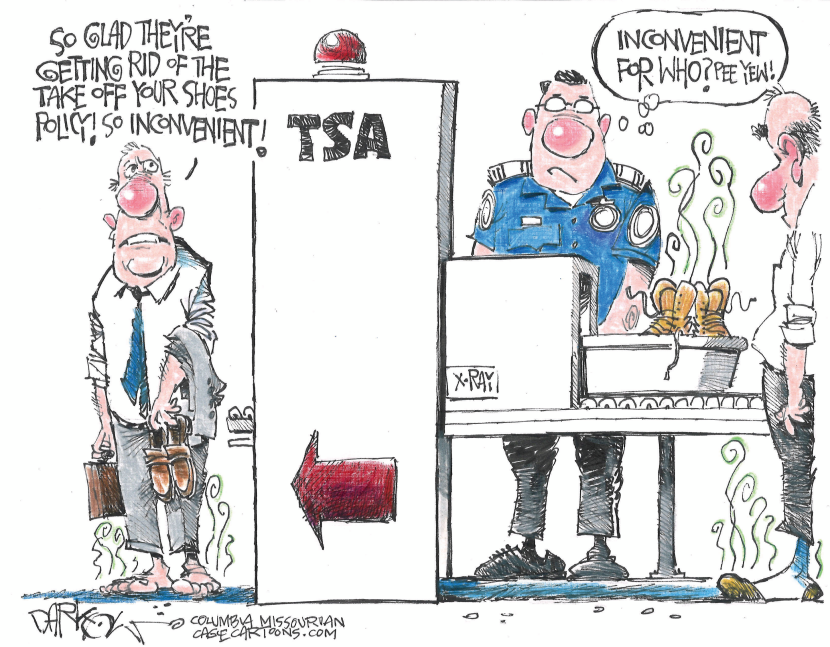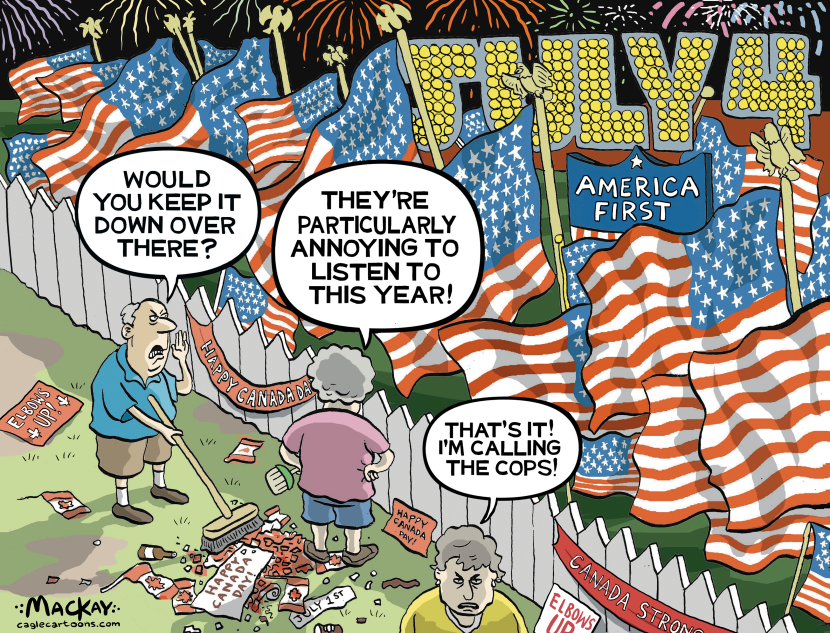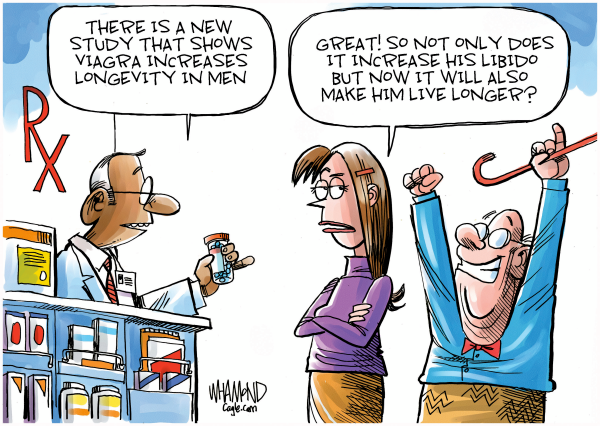I know a lot of smart people.
I also know a lot of people who think they're smarter than they are (even the smart ones ... or, perhaps, especially the smart ones).
It's common. So common, in fact, that there's a name for it. The Dunning-Kruger Effect.
Have you ever met someone who's so confident about what they think that they believe they know more than an expert in a field? That's the Dunning-Kruger effect. It's defined as a cognitive bias where a lack of self-awareness prevents someone from accurately assessing their own skills. It's getting increasingly more common.
Here's a graph that shows the general path a person takes on their journey towards mastery of a subject.
via NC Soy
It can be funny or frustrating to see (or be) the "victims" of this effect in our daily lives.
Humans seem prone to overestimating their knowledge and abilities. It's probably more a result of ignorance than stupidity.
Even if you are familiar with the cognitive bias caused by the Dunning-Kruger Effect, you are not immune to it — because you don't know what you don't know.
Two different ways that people get it wrong, first is to think about other people and it’s not about me. The second is thinking that incompetent people are the most confident people in the room, that’s not necessarily true.
Usually, that shows up in our data, but they are usually less confident than the really competent people but not that much... - David Dunning
It should be a reminder to reflect inward, not cast aspersions outward.
To close out, even this article on the Dunning-Kruger effect presents a simplification of its findings. First off, the above image isn't actually a part of the paper on the Dunning-Kruger Effect (though it is ironically so prevalent that people often report that it is). Furthermore, the connection between a lack of ability and the inability to engage in meta-cognitive tasks is intuitive, but it is not the only potential takeaway from the paper. It's worth a read if you have the time.
Regardless, I think it's clear we are all victims of an amalgam of different cognitive biases.
We judge ourselves situationally, and assume "the best" of ourselves. Meanwhile, we often assume "the worst" of others.
We can do better ... it starts with awareness.
Progress starts by telling the truth.





When Worlds Collide: Timeless Wisdom & Evolutionary Technology in Trading with Matthew Piepenburg
Back in 2020, I had a Zoom meeting with Matthew Piepenburg of Signals Matter. Of course, being the height of the Pandemic, it was over Zoom. Even though it was a private discussion, there was so much value in our discussion that we decided to share parts of it here.
While Matt's understanding of markets is based on Macro/Value investing, we use advanced AI and quantitative methods for our approach.
As you might expect, there are a lot of differences in how we view the world, decision-making, and the current market environment. Nonetheless, we share a lot of common beliefs as well.
Our talk explores several interesting areas and concepts. I encourage you to watch it below.
Via YouTube.
To summarize a couple of the key points, markets are not the economy, and normal market dynamics have been out the window for a long time. In addition, part of why you're seeing increased volatility and noise is that there are so many interventions and artificial inputs to our market system.
While Matt and I may approach the world with very different lenses, we both believe in "timeless wisdom".
Ask yourself, What was true yesterday, today, and will stay true tomorrow?
That is part of the reason we focus on emerging technologies and constant innovation ... they remain relevant.
Something we can both agree on is that if you don't know what your edge is ... you don't have one.
Hope you enjoyed the video.
Let me know what other topics you'd like to hear more about.
Onwards!
Posted at 04:57 PM in Business, Current Affairs, Film, Ideas, Just for Fun, Market Commentary, Personal Development, Science, Trading, Trading Tools, Web/Tech | Permalink | Comments (0)
Reblog (0)